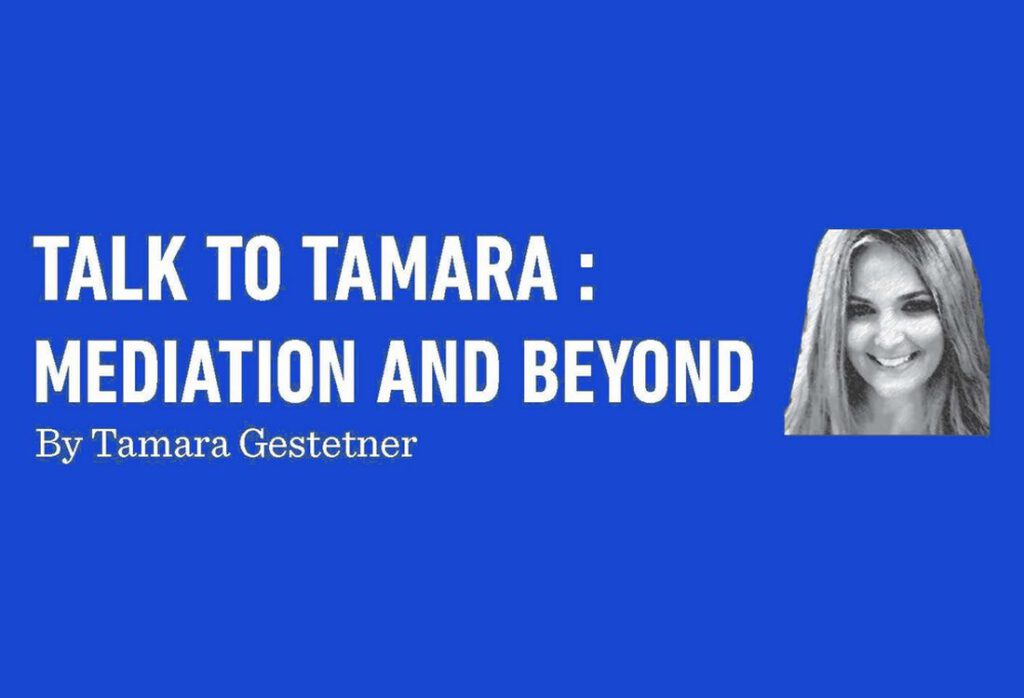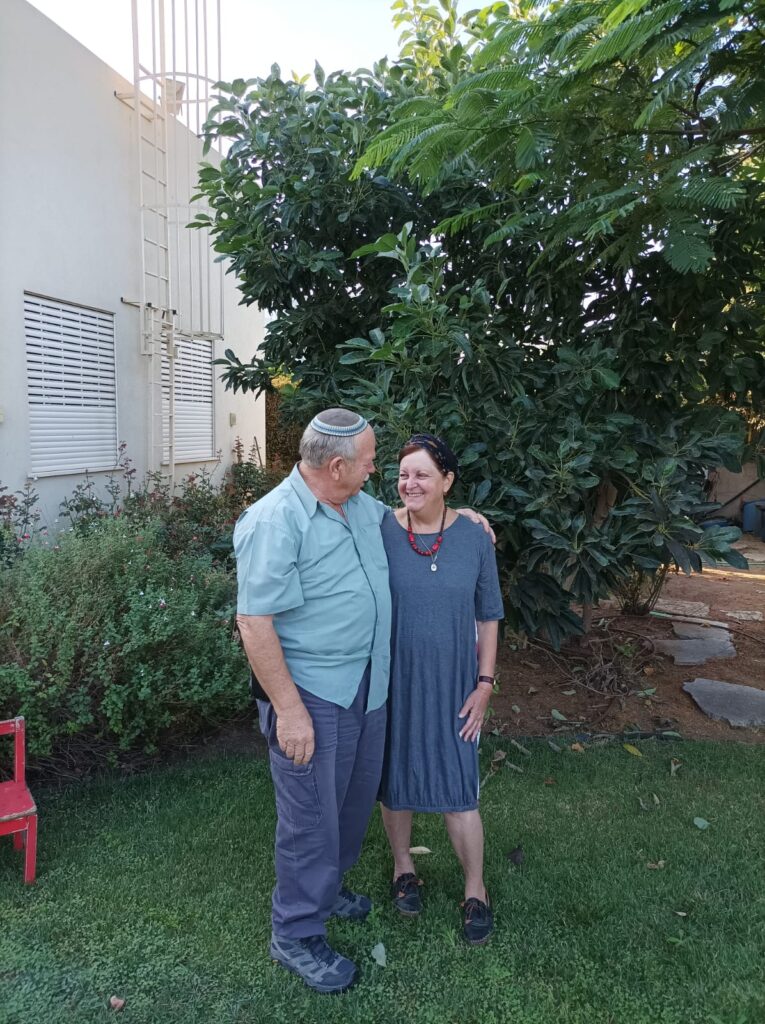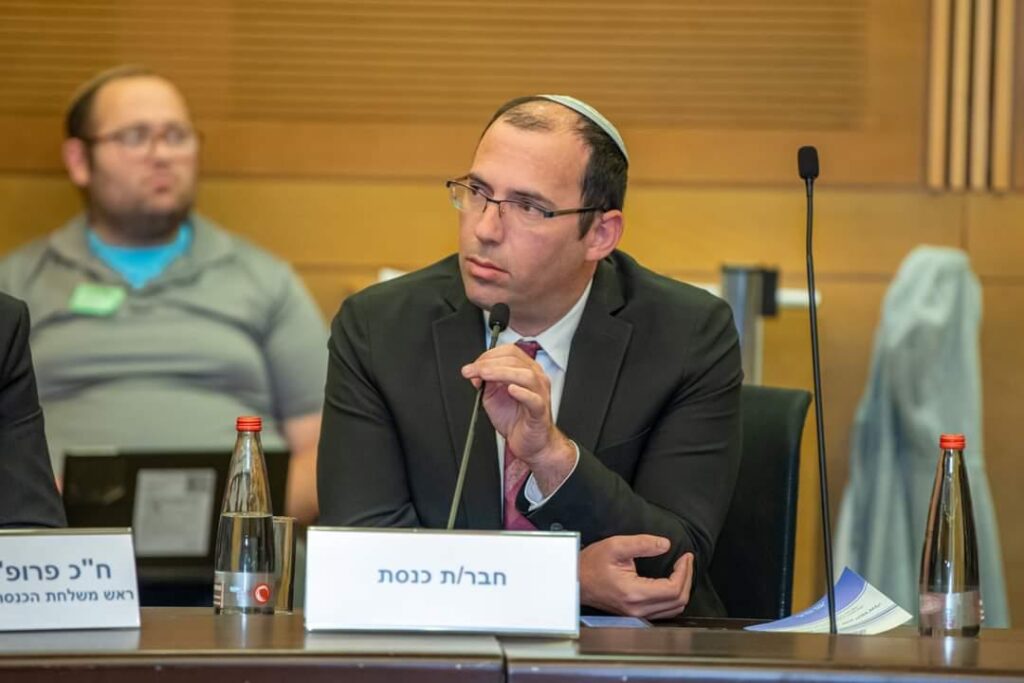You Only Shanah Aleph Once
By Aaron Bortz, LMSW
A therapist’s guide to making the most of a transformative year in Israel
When I was growing up, right after Shabbat Nachamu there was a significant ramping up of the back-to-school messaging, much to my dismay. After I graduated high school and was about to embark on the most exciting time of my life during Shanah Aleph in Isarel, that message changed significantly. As I prepared to leave for Israel, “back-to-school” took on a whole new meaning. And so it is for this year’s graduating class who are about to embark on their own Shanah Aleph in Israel.
I would like to share some of my perspective on navigating the challenges of this incredible opportunity. My perspective draws on my own experiences in yeshiva after growing up in the Five Towns, my training in psychology, my clinical work related to earning my Master’s degree in Clinical Social Work, my experience as a Mental Health Officer in the IDF, and the insights I’ve gained over the past five years of living in Israel after making aliyah.
Shanah Aleph marks a profound turning point in a young adult’s life. For most, it will be the first time living away from their parents’ home for an extended period of time and their first time living in a foreign country. Coupled with the complete shift in the day-to-day focus and the necessity to learn a new language, the transition becomes a serious undertaking. The potential for growth is immense. Yet, as with any opportunity that promises great rewards, there is always the possibility of setbacks, such as the difficulty in adapting to the new learning environment, difficulty with the language barrier, and homesickness.
It is essential for the individual to begin the essential work of managing their expectations and channeling that energy into meaningful preparation before embarking on this new experience. You start by first nailing the basics, then building routines, habits, and the mindset that will help you start the year on a strong footing. Since a full self-assessment is beyond the scope of this article, I am happy to share with you a practical guide based on Maslow’s hierarchy of needs. Please reach out to me if you’d like one.
Once you have identified your strengths and weaknesses, you will gain clarity on where you can coast and where you will need to give extra attention. The question becomes: How can I secure the support I need in an efficient and respectful way?
It comes down to personal agency and practical independence, learning to advocate for your needs and taking responsibility for yourself. Ideally, these tools are already in place, but this year is the perfect time to sharpen them further.
Sometimes we do everything right yet still find ourselves in circumstances far from ideal. In those moments, our emotional resilience is put to the test. Emotional resilience is the ability to manage inner turmoil in a healthy way, such as soothing, coping, and adapting. Building this inner reservoir of strength is essential, because we will draw on it throughout our lives. One of the words you’ll hear often in Israel is savlanut—patience. In my view, this virtue belongs at the very top of the list of desired traits. With patience, a problem-solving mindset, and of course trust in G-d, almost anything is possible.
We can have it all (managed expectations, agency, independence, patience, and emotional resilience), but if we overlook the people around us, we miss the heart of the experience. Shanah Aleph, more than anything else, serves as a remarkable opportunity for friendship and bonding. It’s not just a saying that you will be making friends for life, as you begin to differentiate yourself and make choices, you will naturally attract and be drawn to others on a similar path. These are good people sharing a parallel journey. Treat them with respect, even if they are not “your people.” Learn to make small sacrifices for those around you and for the greater good, all while staying true to yourself.
I highly recommend seeing a counselor or therapist as a form of support during this time, though I recognize it’s not realistic for everyone. Early adulthood is also when mental health challenges often first emerge. If you notice anything out of the ordinary in yourself or a peer, bring it to the attention of a responsible adult in a sensitive and timely manner—you may truly save a life.
Beginning a year in Israel is exactly that—a new beginning. It’s a fresh start, and it’s worth approaching it with effort and preparation. Embrace the opportunity with optimism and gratitude, appreciating that this experience is truly a gift. Don’t underestimate the Shanah Aleph year, and never underestimate yourself! n
Aaron Bortz, LMSW, is a therapist living in Israel and is now available for individual counseling. He is also, G‑d willing, launching an affordable, growth‑oriented group for 8–10 students to provide year‑long grounding, support, and development of the very tools discussed above. He can be reached at [email protected] or via WhatsApp at +972‑53‑879‑1639.














